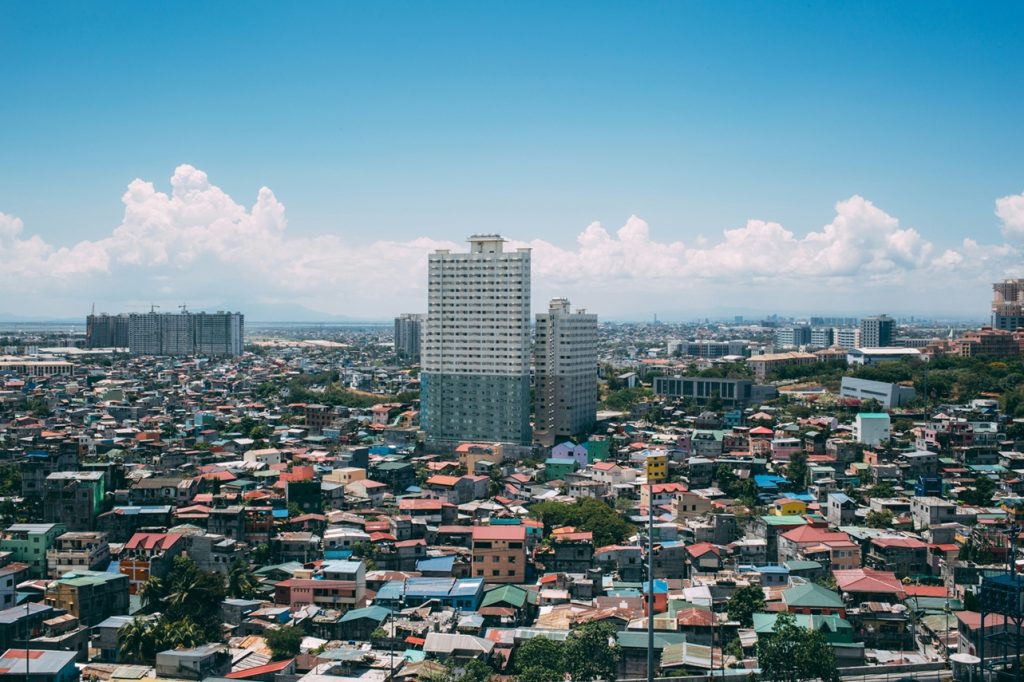
From reinstating the jury system to economic liberalization and population reform, here are 10 bold proposals to fix the Philippines’ governance, economy, and justice system.
1. Bring back the Jury System
The Philippines employed a jury system during the American Commonwealth period, but it was discontinued due to a limited, qualified candidate pool and logistical challenges that existed in the country at the time. Reintroducing it would be seamless today, as public education and infrastructure enhancements over the past 80 years ensure fair juror selection and protection from intimidation. A functioning Petit Juries instrument as the foundation of civil and criminal law environments is the best method of alleviating corruption among Judges, Prosecutors and Police.
2. Pay Military, Police and Public Service Employees a Living Wage
“Living” wages, as defined by the International Labour Organization (ILO) would immediately and significantly improve morale, negate corruption, and attract competent personnel. Well-paid public servants deliver more efficient services, thereby benefiting governance, which obliges its citizens. Although the Philippines’ 2025 budget allocates significant funds to public sector salaries, it is far from sufficient. Ensuring equitable wage increases across sectors is complex, so phased salary increases tied to performance metrics and anti-corruption measures would maximize impact.
3. Stop Wasting Money on Fighter Jets and Other Things That Will Never Be Used
Redirecting defense spending to social services, infrastructure, and education would address pressing societal needs like poverty and healthcare. The Philippines’ defense budget includes acquisitions like multirole fighters to modernize its military amid South China Sea tensions, but no one is lost in the illusion that Korean FA-50 trainers would have any chance against advance, over-the-horizon Chinese anti-aircraft weaponry. As is the case in South Korea and Western Europe, visiting US, Australian and Japanese forces are more than able to provide effective protection of the Philippines.
4. Embark upon a Workable Population Reduction Campaign
Reducing population growth is necessary to ease pressure on resources, urban congestion, and poverty. Effective family planning has lowered birth rates in countries like Thailand and Bangladesh, allowing those countries to thrive economically, surpassing the Philippines. The Reproductive Health Law (2012) already promotes family planning, but implementation faces resistance from cultural and religious groups. A strong government campaign is needed to emphasize and fund education and access to contraception, focusing on rural communities.
5. Repeal Laws That Throttle Free Speech
Strengthening free speech would foster open discourse, reduce government overreach, and improve democratic accountability. It will also protect journalists who face significant risks in the Philippines (ranked 134th out of 180 in the 2024 World Press Freedom Index). Laws such as the Cybercrime Prevention Act (2012) have been criticized for vague provisions on cyber-libel and used for political harassment purposes. Targeted amendments to decriminalize libel/slander and protect whistleblowers would be a good starting point. In developing countries like the Philippines, denying impunity to elites is essential when protecting both government and average citizens in search of justice.
6. Allow Foreigners to Own Companies and Land Under their Factories and Homes
Liberalizing foreign land ownership would immediately attract investment, boost job creation, and stimulate economic growth. Countries like Singapore and Thailand have benefitted enormously from such policies. The 1987 Constitution restricts foreign land ownership and limits foreign equity in certain sectors. Amending these provisions requires a constitutional change, a politically sensitive process. Pilot zones with relaxed ownership rules would test economic impacts while addressing unfounded concerns of land-grabbing. Until this is done, the Philippines will always be overshadowed by its more modernized neighbors in Southeast Asia.
7. Develop Fiscal Programs that entice OFW’s to return
Overseas Filipino Workers (OFWs) currently remit ~$40 billion annually. Encouraging return could leverage their skills and savings for local development, reducing brain drain. Many OFWs stay abroad due to better wages and opportunities. Tax incentives, business loans, or reintegration programs could attract OFWs. Existing programs like Balik Scientist target professionals but are underutilized due to lack of government commitment (funding). Domestic job creation and infrastructure improvements are prerequisites. The creation of targeted investment opportunities (e.g., small business grants) and improvements in living conditions can make return appealing. It is a stain on the reputation of any country whose premier export product is their very own citizens.
8. Reinstate the Death Penalty for Rape, Murder, Treason, and Plunder
Though evidence on the death penalty acting as a deterrence against the commission of capital crime is mixed globally, it would, as displayed in the past, be highly effective in the Philippines, appealing to public demand for justice in high-crime areas. The death penalty was abolished in 2006 due to human rights concerns and judicial errors. The Philippines’ current justice system struggles with inefficiencies and corruption, supporting the argument in favor of bringing back the Jury System. Applying the death sentence to police, military and elites, subjected to juries of their peers, would greatly discourage criminal actions on their parts going forward.
9. Install a Federal System of Autonomous States to De-Centralize Government
Federalism would empower individual provinces, reduce Manila-centric governance, and address local needs more effectively, as seen in countries like Malaysia. Federalism has been debated in the Philippines, with proposals like the 2018 draft federal constitution, but financial interests of elements controlling the economy derailed the effort, as it portended disruptions of their businesses. Gradual decentralization through enhanced local government autonomy could serve as a stepping stone. Creation of 6 or 7 different autonomous regions beyond that of the BARMM, able to keep their own tax and lease revenues, would experience a boom in development, similar to what was experienced by the new countries that sprang out of the former Yugoslavia.
10. Employ English as the Classroom Language of Instruction from the 3rd Grade
English proficiency would boost global competitiveness. The Philippines already ranks high in English skills among non-native countries but has noticeably weakened in that area since the US Bases closed. As was the case in Singapore and Hong Kong, conversational ability in English enhances employment opportunities in tech and finance sectors. The K-12 curriculum uses mother tongue-based instruction in early grades, with English phased in later. Shifting to English from Grade 3 is the ideal time for young children to adapt to. Rural schools often lack qualified English teachers, so better instructor training bolstered by more substantial investments from the government will be needed.


